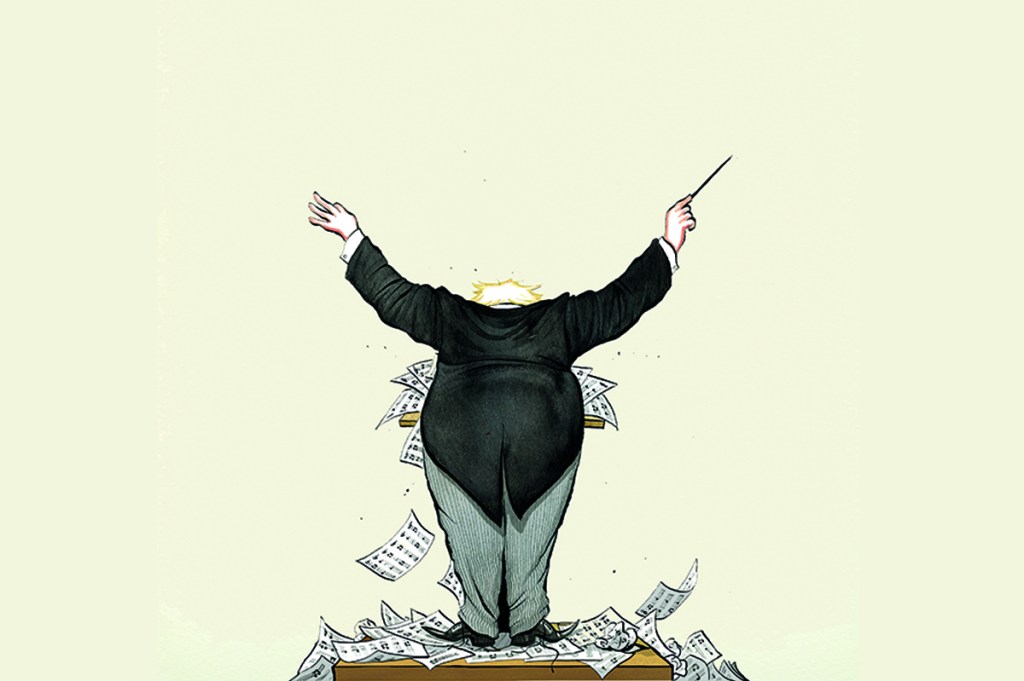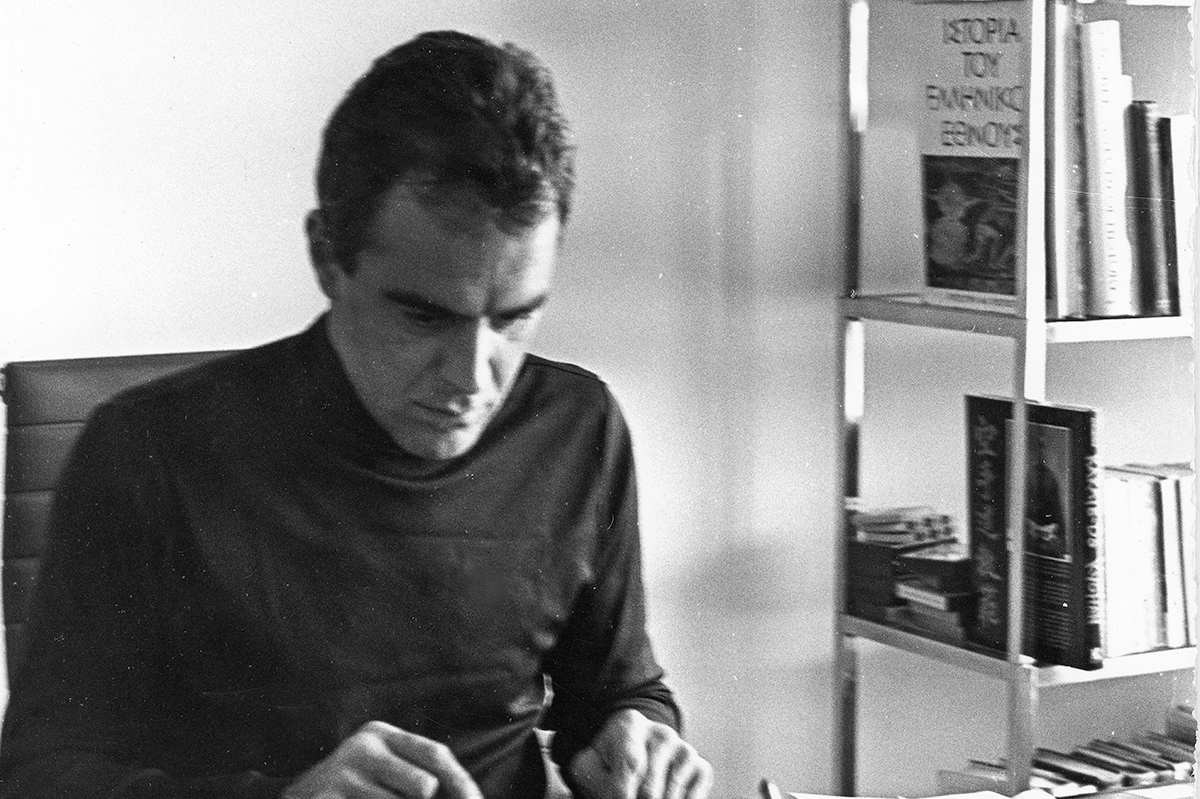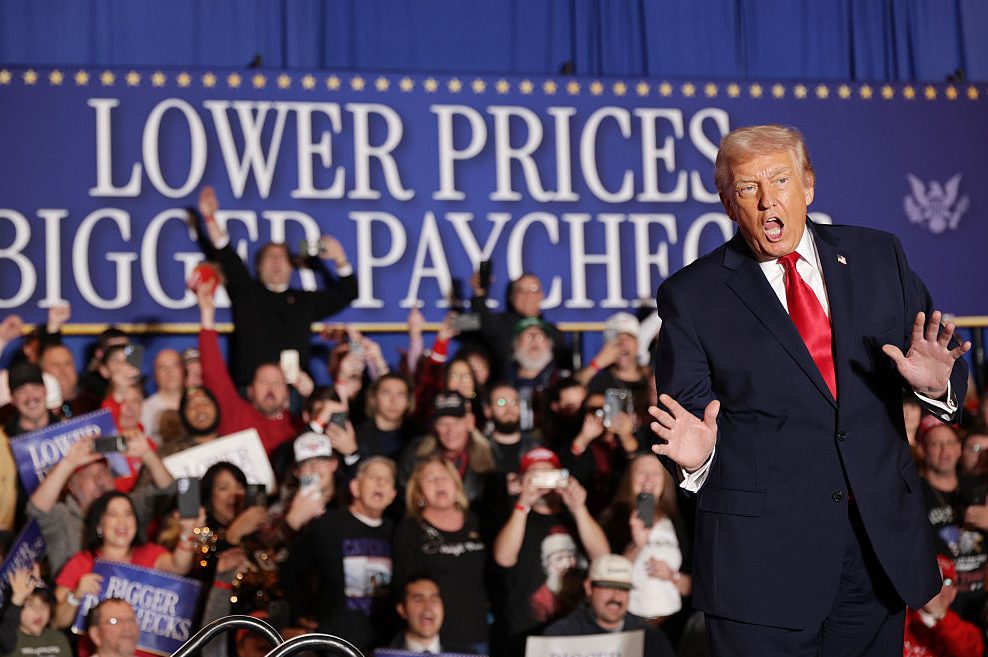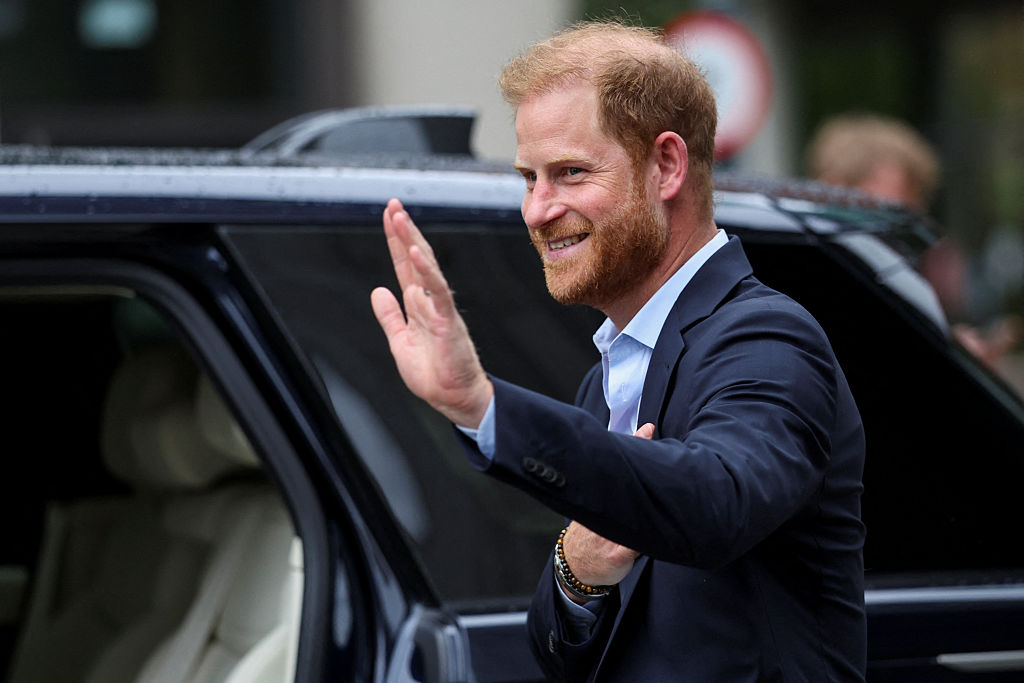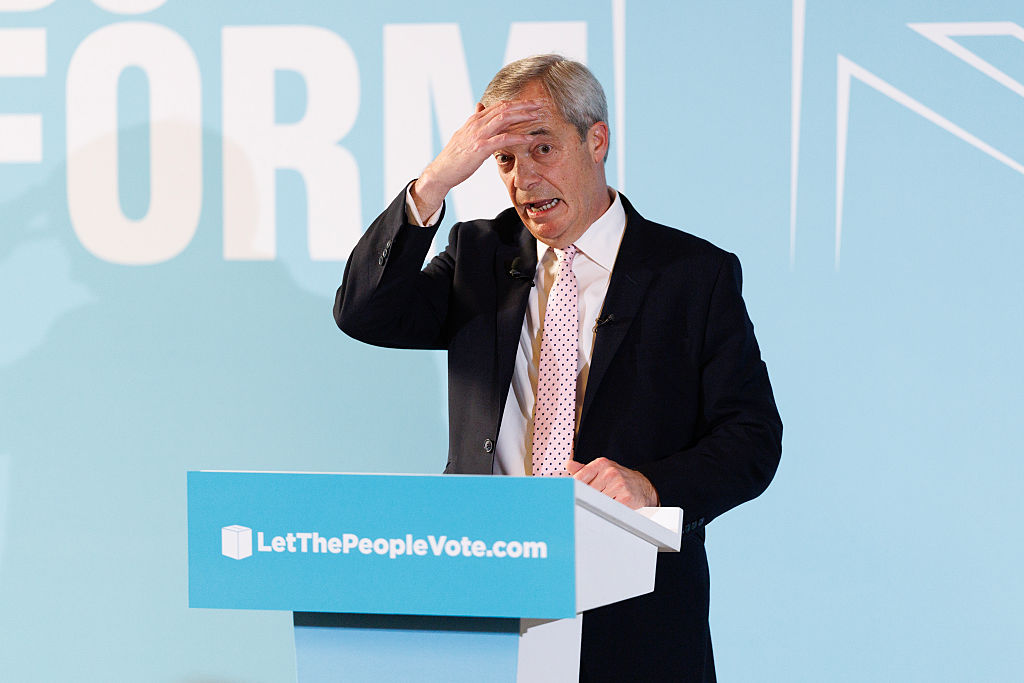London, England
When I checked the date that Boris Johnson resigned as prime minister, I thought it must have been wrong. July? The psychodrama that ensued felt as if it had been going on for years. If Boris’s tenure was the main show, Liz Truss’s stint as Britain’s shortest-serving PM was the slapdash encore that no one asked for. You know, when the music restarts as you’re eyeing up a taxi home and secretly thinking the act needn’t have bothered.
Boris’s downfall, the real one — not the multiple wobbles — began with Partygate. A steady drip of salacious stories for months, each one getting slightly more unforgivable, recounting incidences of Boris and members of his government breaching the strict lockdown rules he himself had set in place. The biggest blast came with a report of a suitcase full of wine being wheeled toward No. 10 Downing Street the night before Prince Philip’s funeral. Newspapers splashed the poignant image of the Queen sitting alone in Windsor Chapel, with cries of “how could you?” Disrespecting the Queen is a cardinal sin for Brits.
From then on, things just got worse for the Tories. Multiple tales emerged of their Members of Parliament involved cocaine use, sexual assault and sleaze. Britain could see the internat rot at the core of the Conservative Party. And Boris Johnson presided over it. In June the prime minister’s authority was damaged by a confidence vote that saw 41 percent of his MPs try to oust him, followed by a series of resignations that saw fifty-two — an unprecedented number — step down from the Johnson government in just twenty-four hours.
But the show must go on — and bizarrely it may be Boris Johnson that returns to the main stage. In his resignation speech, he referenced the Roman statesman Cincinnatus, who left power only to be called back to office when his people were in trouble. “Like Cincinnatus, I am returning to my plow,” he said. While Cincinnatus returned to his farm, Johnson’s plow was a few overseas vacations and the purchase of a five-bedroom home in Herne Hill, south London, with his wife Carrie. Alright for some.
If anyone is expecting an apology, don’t hold out: Johnson is famously unapologetic. When he departed as editor of The Spectator in 2005, his advice to his successor included: “The Spectator surrenders to no one. The Spectator is always right.” He’s right, of course. But that attitude may not be fitting for a prime minister, especially one discovered to be breaking his own laws during the Covid lockdown
There are mixed reactions from MPs about a potential Boris return. One called it “fucking mad,” while another quipped that he and his wife Carrie would “get some more use out of the wallpaper at least.” A third claimed that “if he does return, nobody will be able to challenge him. He will be the most secure and powerful PM in a century.” As the last year has shown us, nothing is impossible in British politics — not even being ousted by your own people only to be begged back a month later.
The Conservative Party calamities would be comical were they not happening against the backdrop of a multitude of crises: energy, cost of living, housing. This winter, a number of Brits are set to choose between heating and eating. These crises appear to have been exacerbated by the market reaction to Liz Truss and Kwasi Kwarteng’s mini-budget. In her forty-five-day tenure, she managed to spook the markets so much that the British pound fell to its lowest ever level against the US dollar, as global markets sold off British-backed assets.
Mere minutes after Truss’s Thursday resignation speech, where she told the country she lacked the mandate for her radical plans, whispers began of a Boris return. The prospect may sound ridiculous, but after 14 million voted for him in his 2019 landslide victory, he is the only Tory leadership candidate who can argue he has a mandate from the British people.
As it stands, Boris has the backing of fifty-two MPs, more than half of the 100 he needs by next Friday to get to the nomination. The high threshold for this leadership contest makes it probable that the first candidate to reach 100 MPs will end up as the next prime minister.
Could it be that this was the exact endgame that Boris Johnson planned for in the summer? He quickly rallied behind Truss — a weak candidate likely to implode — and sat on the sidelines, ready to be called back when the MPs who rebelled against him realized the error of their ways. It would not be the first time for Boris to play the bumbling, unkempt fool with silly hair while knowing exactly what he’s doing. Enter, Cincinnatus.



